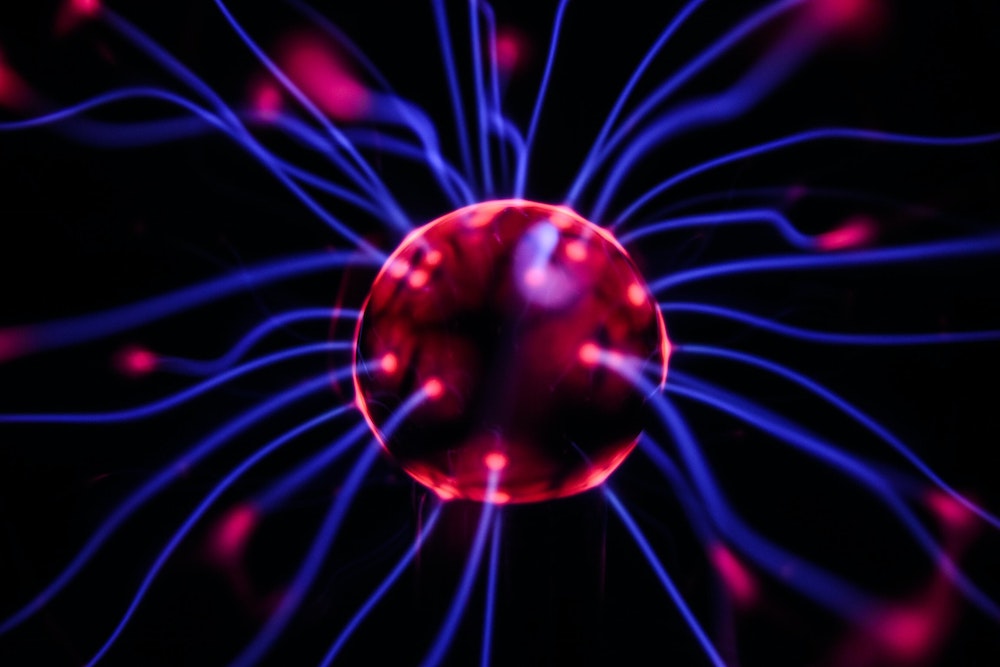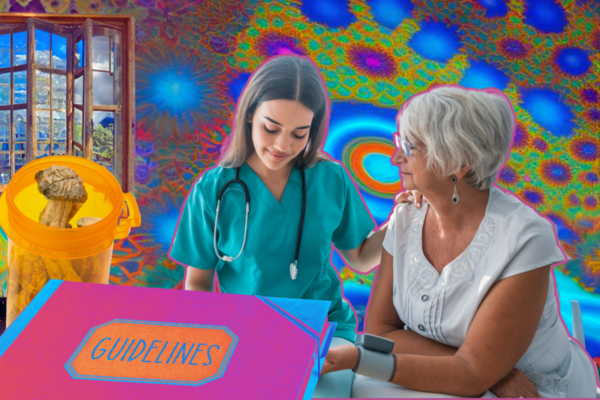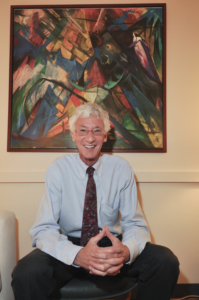
Two neuroscientists at the University of Nevada Las Vegas are tackling psychedelic research to better understand how the medicine can be used to improve quality of life.
We’re all about innovation,” says Dustin Hines, who works alongside his wife, Rochelle. “I believe that in the next five to 10 years, there will be significant change in this filed.”
Psychedelics have been studied as potential treatments for mental health disorders as early as the 1940s. But research was stifled in the 1970s by the War on Drugs. But new research has found surprising success in investigating psychedelics asa treatment for a range of mental health conditions including obsessive-compulsive disorder, post-traumatic stress disorder (PTSD), anxiety, depression, and substance use disorder.
Recently, the Food and Drug Administration (FDA), declared both psilocybin and MDMA as breakthrough therapies for depression and PTSD, respectively. But much of the science behind how psychedelics work remains a mystery.
“Really, what we’re trying to do is provide evidence-based research to say here’s who, where, when, and how this will help. We have just scraped the surface of that,” Dustin Hines says.
Recently, the couple discovered a brainwave signature that allows researchers to better understand the effects of psychedelics on the brain. Ultimately, they say, they’d like to develop a compound that is both clinically useful and safe.
“We do believe in the power of these compounds as a potent therapeutic,” Rochelle Hines says. “But in order to really legitimize that, we want to make sure we have the appropriate evidence, and that we know the parameters so that they can be used safely and efficaciously.”





